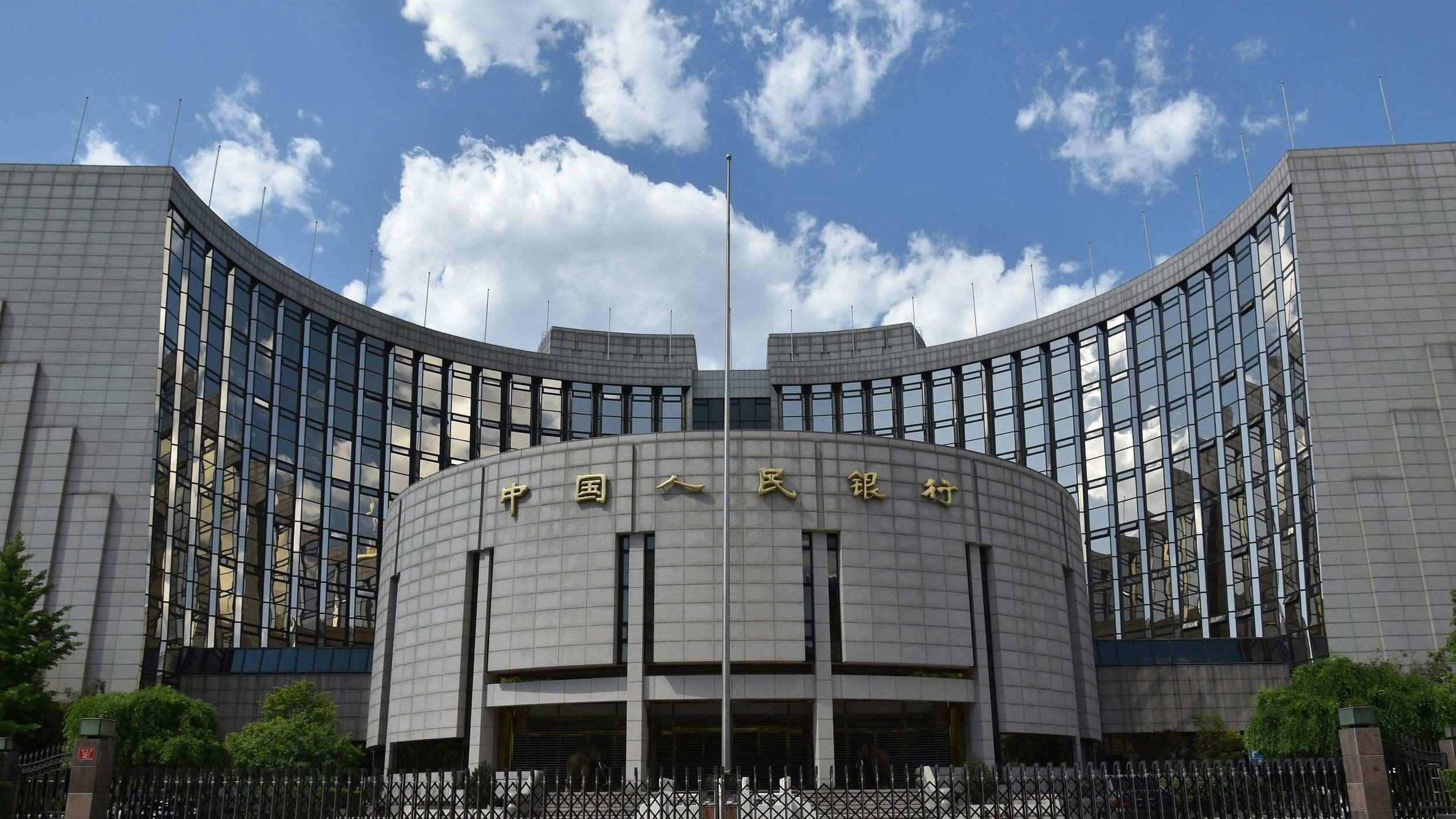
Editor's note: Matteo Giovannini is a finance professional at the Industrial and Commercial Bank of China in Beijing and a member of the China Task Force at the Italian Ministry of Economic Development. The article reflects the author's views, and not necessarily those of CGTN.
China's ambition to become a world-class economic and financial powerhouse cannot get away from the necessity to constantly increase the level of openness of its domestic market in order to create a better business environment.
A major step in this sense has been done with the public announcement at the end of last week by the Chinese monetary authorities on the launch of a pilot cash-pooling service. The goal of this initiative, that targets a restricted number of multinational companies, is basically to enable the free conversion of yuan funds into other currencies.
According to a joint statement of the People's Bank of China and the State Administration of Foreign Exchange, the first phase of the pilot program is going to take place in the country's capital Beijing and in the rising tech powerhouse Shenzhen. The participants to the pilot will initially consist only of prominent multinational firms that present a high credit rating score.
In my view the authorities' decision to initially select Beijing and Shenzhen for this important step, that could mark the breakthrough in the process of opening up the country's capital account, is a clear sign of the relevance that the two metropolises have in China's overall development strategy.
The announcement is important for Beijing because it is going to help the city to further develop the recently established pilot free-trade zone, which received full support from the central government during last year's China International Fair for Trade in Services, and that focuses on scientific and technological innovation.
In respect of Shenzhen the decision is significant because it clearly shows Chinese authorities' degree of confidence in the city's role as a model for the national development in the last four decades. The decision also displays a recognition to the city for being the core engine of the Guangdong-Hong Kong-Macao Greater Bay Area.

The People's Bank of China /VCG
The People's Bank of China /VCG
In both cases the opportunity to freely covert yuan funds into other currencies will have the effect to dramatically increase the level of economic attractiveness of the two areas among foreign investors by creating high-quality environments that can allure the best talents and by boosting the inflow of foreign direct investment.
The decision to limit the participation to the trial to multinational companies that present a high credit rating score, as it is the case of oil giant Royal Dutch Shell Plc, demonstrates a prudential and gradual approach of the regulator. In this regard, the authorities want to test the waters through companies that offer the highest level of creditworthiness before considering a further extension.
Furthermore, China's long-term strategy of making the yuan a truly internationally accepted legal tender is certainly part of the game in the decision to launch this pilot program and the timing of the trial's announcement is also worth consideration.
Factors such as the fast recovery of China's economy from the pandemic and the yuan's recent and constant growth against the dollar have been now offering Chinese regulators ample margin for the introduction of long-awaited reforms aimed at easing the level of capital controls.
In this sense, a future incremental level of reforms with the goal of opening up of the country's capital account are only going to provoke a positive domino effect in terms of an increased level of utilization of the yuan in global transactions and a considerable growth of yuan-denominated assets included in fund managers' portfolios.
From the overseas investors' perspective, the introduction of a higher degree of flexibility for currency conversion represents an absolute boost in terms of trust in China's market as an investment destination. In addition, the move can also be interpreted by investors as a demonstration of the Chinese leadership's undertaking to walk the walk through courageous and historic reforms.
The 2021 Two Sessions meeting has stressed China's firm intention to promote liberalization and facilitation of trade and investment as well as the promotion of the opening-up of its domestic financial sectors in correspondence of the 14th Five-Year Plan (2021-2025).
By opening-up its market to the rest of the world, China is certainly facing the typical challenges carried by the participation in the globalization but it has eventually recognized that the advantages of an open and inclusive economy prevail over the negative effects of protectionism and isolation.
(If you want to contribute and have specific expertise, please contact us at opinions@cgtn.com.)

